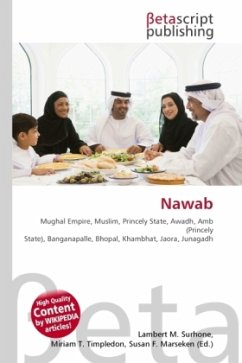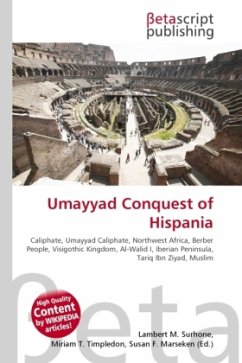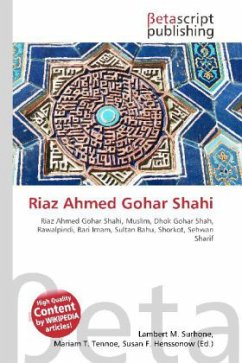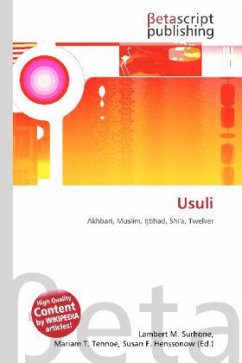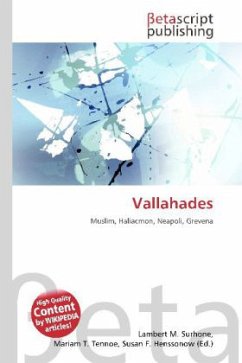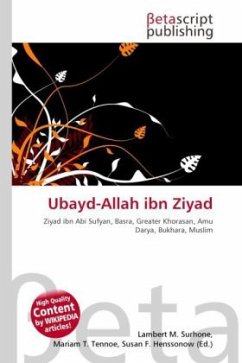High Quality Content by WIKIPEDIA articles! A Nawab or Nawaab was originally the subedar (provincial governor) or viceroy of a subah (province) or region of the Mughal empire. It became a high title for Muslim nobles. The term is Urdu, borrowed via Persian from the Arabic being the honorific plural of naib i.e. 'deputy'. In some areas, especially Bengal, the term is pronounced Nobab. This later variation has entered the English and other foreign languages, see below. The title Nawab or Nawaab is basically derived from the Arab word Naib which means a deputy, Muslim rulers preferred this as then they could be referred to as the deputies of God on earth and hence not infringing on God's title ie Lord and master of this earth. The term Nawab is often used to refer to any Muslim ruler in north India while the term Nizam is preferred for their counterparts in south India. This is technically imprecise, as the title was also awarded to others but not applied to every Muslim ruler. Withthe decline of that empire the title, and the powers that went with it, became hereditary in the ruling families in the various provinces.
Bitte wählen Sie Ihr Anliegen aus.
Rechnungen
Retourenschein anfordern
Bestellstatus
Storno

